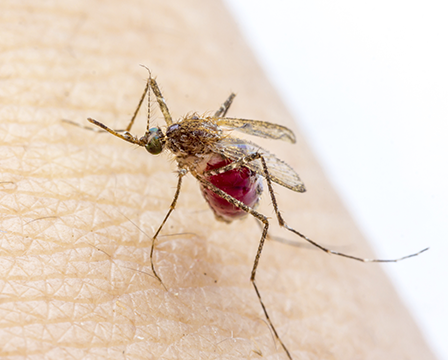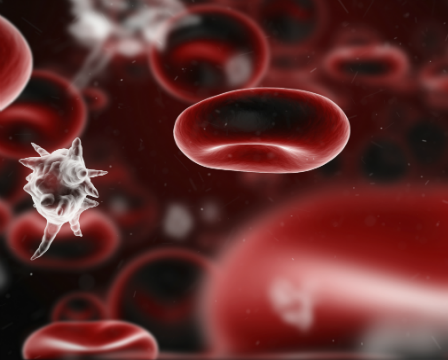
Infection prevention and control
Infection prevention and control (IPC) is about applying microbiology knowledge in clinical practice to help prevent the spread of infections. At the RCN, we see this as essential to delivering safe, high-quality care and as a key part of patient safety, governance, and tackling antimicrobial resistance (AMR).
Infections can be caused by a range of microorganisms—including bacteria, viruses, fungi, and prions. These can result in a wide variety of infections, for example, urinary tract, wound, respiratory, blood, bone and skin infections.
While not all infections are contagious, some—such as Clostridioides difficile (C. difficile), SARS-CoV-2, influenza, and norovirus—can spread from one person to another. These infections can cause serious outbreaks, especially in hospitals, care homes and other healthcare settings.
Understanding how infections start, how different microorganisms behave, and how they spread is essential to preventing them—not just in healthcare, but in all settings where people receive care.
What the RCN is doing
We are actively involved in infection prevention issues and practice to support improvements in nursing practice and patient outcomes across the UK. Activity takes place on a national, regional and local level, ranging from representation at national forums, meetings, stakeholder events and site visits to members' workplaces.
Our work in the field of AMR is diverse and complements our IPC activity. We focus on the vital role nurses play in preventing infection and promoting responsible use of antibiotics and other antimicrobial medicines. We are proud to lead and influence this work both in the UK and internationally, as part of a wider health care effort in antimicrobial stewardship.
UKHSA infectious disease report 2025
The UKHSA published its first annual report summarising latest infectious disease trends.
Group A Streptococcal infections (including iGAS)
The UK Health Security Agency (UKHSA) has reported Notifications and GP consultations of scarlet fever in England are higher than normal for this point in the season, after remaining elevated later in the previous season than expected.
Influenza
Influenza (flu) is a viral infection that primarily affects the lungs and can cause serious respiratory illness. It can also lead to secondary infections, such as pneumonia or sepsis, which can be life-threatening, especially for vulnerable individuals.
Vaccination is the most effective way to reduce the severity and spread of the flu. RCN members are strongly encouraged to stay up to date with their flu vaccinations.
For guidance on preventing the spread of flu in your workplace, please refer to your local infection prevention and control (IPC) policies.
The RCN risk assessment toolkit will support members to select the use of respiratory personal protective equipment in different scenarios.
Useful resources
- RCN position on vaccination (2022)
- UKHSA. Seasonal influenza: guidance, data and analysis
- Public Health Wales. Flu vaccination and Flu resources for health and social care professionals
- HSC Public Health Northern Ireland. Seasonal influenza (flu) guidance
- Public Health Scotland. Influenza guidance
Small Changes, Big Differences
We believe that the nursing team should be involved in the procurement of clinical supplies. Find out more about our campaign ‘Small Changes, Big Differences’ and how nursing staff add value to procurement and sustainability in the workplace.

Travel health
Get advice and guidance for nurses on travel health.

Sepsis
Information on what sepsis is and how to recognise the signs of sepsis early and raise the alarm to enable prompt identification and treatment.

Related to infection prevention and control: information and advice:
Professional lead for infection prevention and control: information and advice:
RCN Infection Prevention and Control Programme
Find out more about the RCN's introductory module to infection prevention and control.
COVID-19 clinical guidance
Respiratory risk assessment toolkit
Look at our respiratory risk assessment toolkit which supports RCN members and wider health care professionals manage risk in the workplace.
Advertisement





